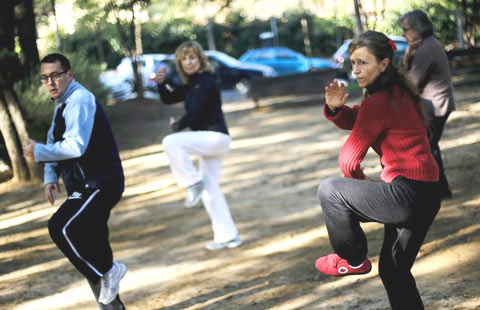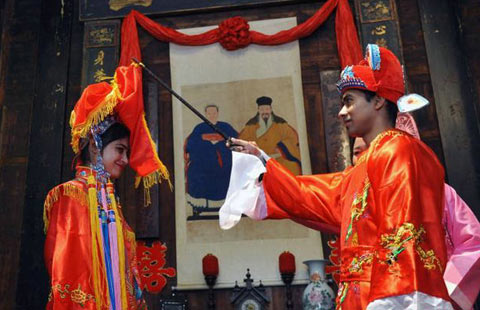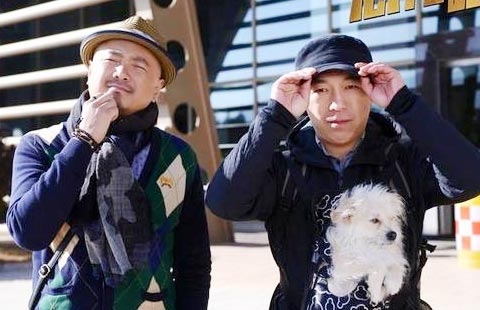Modern Kunqu: different from a heritage
( Chinaculture.org ) Updated: 2015-01-27 15:19:24
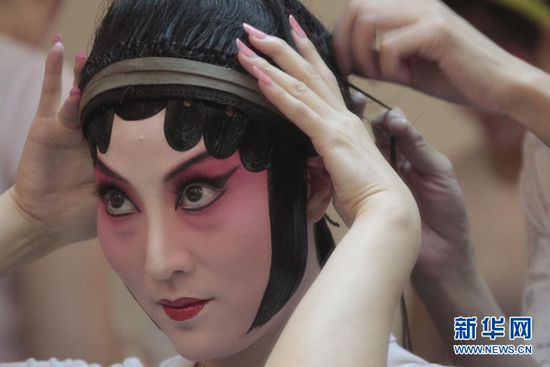 |
|
Performer Gu Weiying.[Photo/Xinhua.net] |
Wang Ankui, deputy head of the Chinese Kunqu Opera Research Institute, argued that to inherit Kunqu opera, it is urgent to maintain the existing plays, rather than stage new ones.
According to Wang, to create new plays without fully mastering the classical pieces is "learning to run before one knows how to walk", which is no good for the long-term development of Kunqu opera.
This argument is resonated by Yuan Jiasheng, a disciple of Zhang Xunpeng, China’s first-class Kunqu opera performer.
According to Yuan, "The essence of Kunqu opera promotion relies heavily on the exact expression of the eyes, body movement, gestures and singing." And he said that "only when we reach perfection in these aspects, can we create something new."
There’s some truth in it. But, as performing art, Kunqu has to break out from the constraints of its formality to be truly appreciated by the grassroots audience.
|
|
|
|
|
|

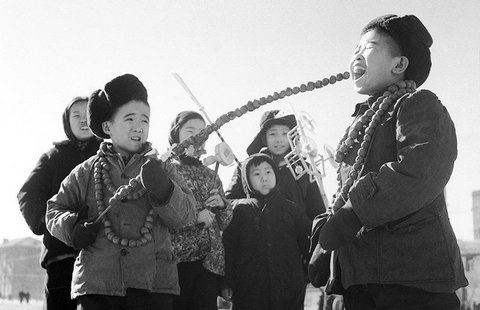
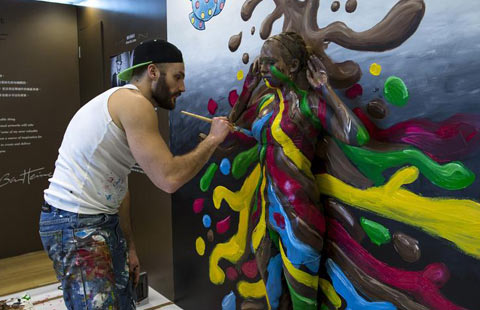
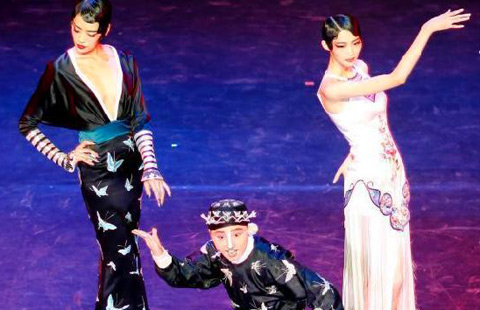

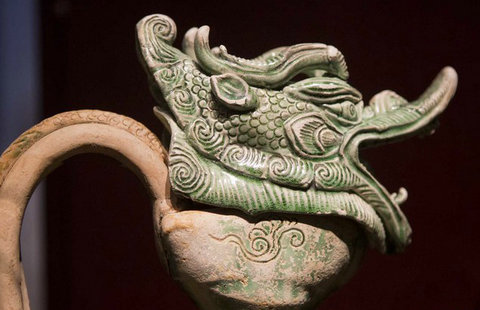
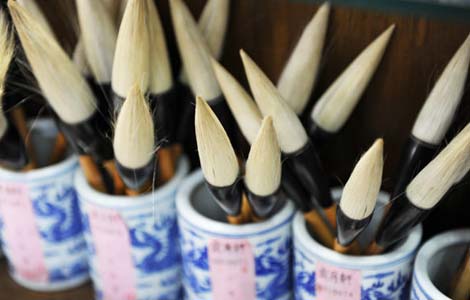
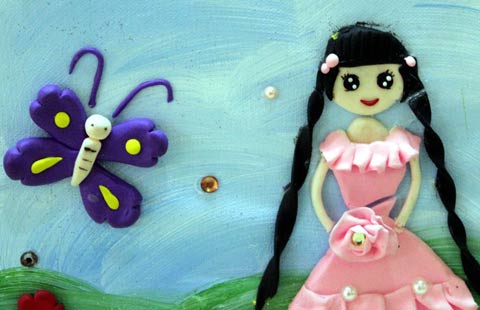
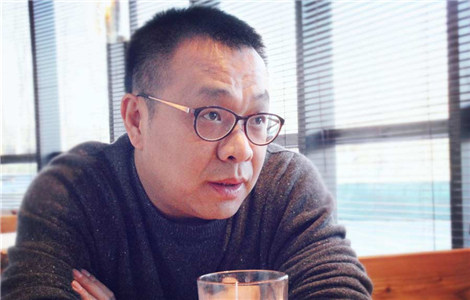
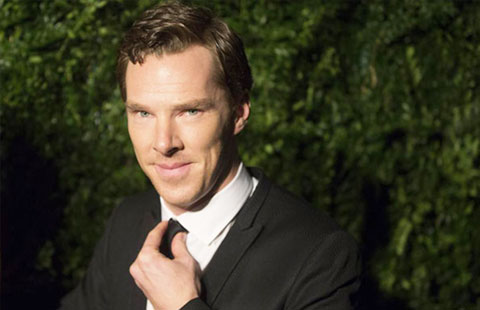


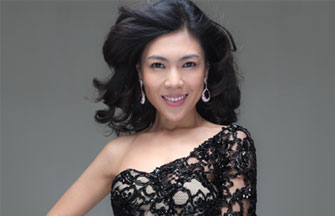
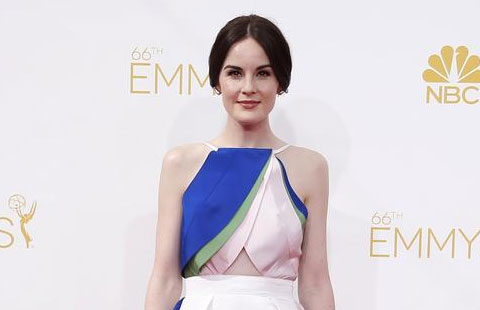

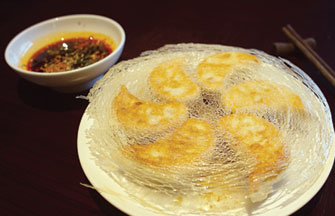




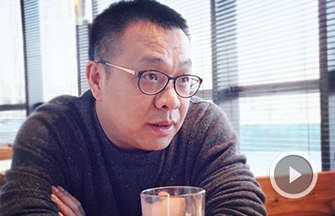


 Raymond Zhou:
Raymond Zhou: Pauline D Loh:
Pauline D Loh: Hot Pot
Hot Pot Eco China
Eco China China Dream
China Dream China Face
China Face


